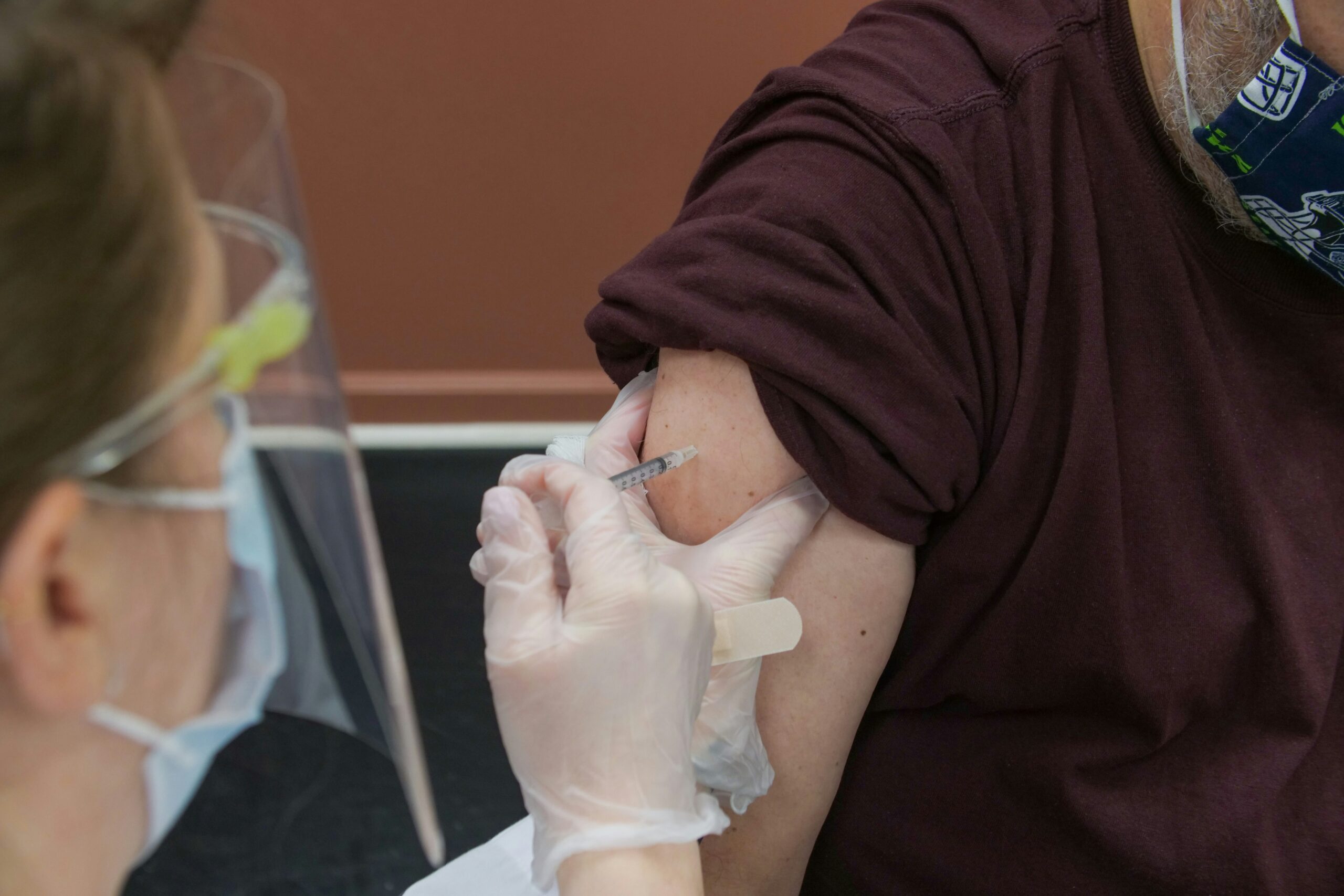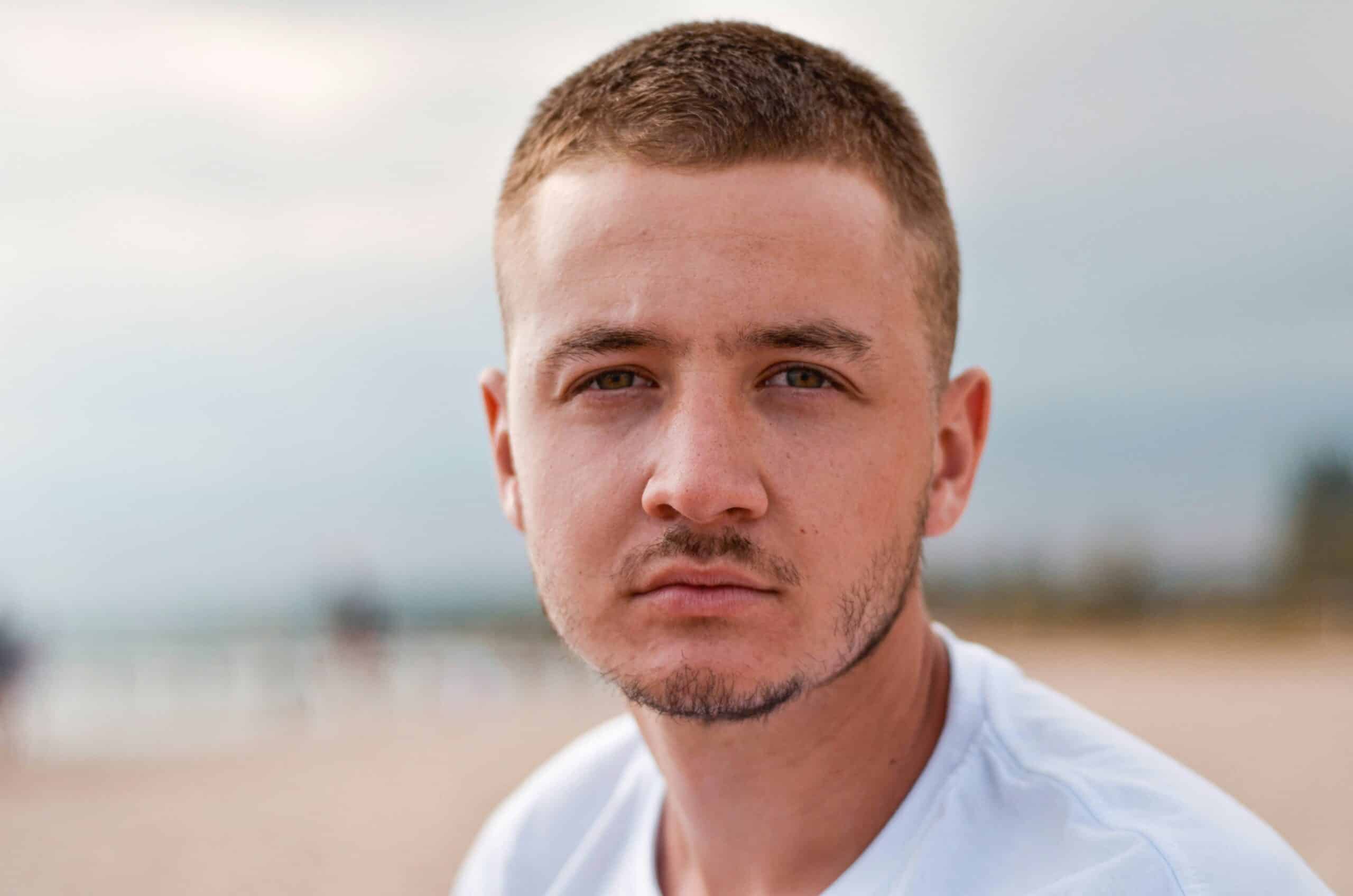By Michael Rass
Angie Rogers lost her son to heroin in November 2015. The North Texas mother lived through a nightmare all too familiar to many other parents around the nation. Brandon Rogers, whom many people called “Bubba,” went to Plano East Senior High School northeast of Dallas. He experimented with alcohol in high school, “moving to painkillers and other prescription and over-the-counter drugs in college and then heroin,” according to an article on Dallasnews.com. He was only 24 when he died. Like many people with a substance use disorder, Brandon struggled with anxiety. College turned out to be a dangerous place for Bubba because of the easy access to drugs. He went to Blinn College in Bryan, TX, for three semesters, but “his struggle with substance use disorder became clear at Christmas of his sophomore year, and he went into rehab. He had multiple trips to rehab,” his mother told Aggienetwork.com. Sadly, all his attempts to get sober ended in relapse.
Opioid Epidemic on Campus
Prescription drug abuse by college students is estimated to be at an all-time high, with 50 percent of students being offered a prescription drug for nonmedical purposes by their sophomore year. More than 21 percent of young adults ages 18 to 21 meet the criteria for substance use disorders, according to the Association of Recovery in Higher Education (ARHE). The White House panel examining the nation’s opioid epidemic reported in July that 142 Americans die every day from a drug overdose. Motivated by fatal student overdoses and increasing awareness of substance abuse in college students, academic institutions now distribute life-saving medication and provide on-campus recovery programs. “Many schools are very aware that they have a drug and alcohol problem,” says Ashley Harms, former manager of the alumni department at Lakeview Health. The number of recovery programs on the nation’s college campuses has increased dramatically since 2012, from 20 to more than 170, according to the ARHE. Texas is no exception. According to Dallasnews.com, the growth of student recovery activities has been “particularly explosive” in the Lone Star State with about a dozen programs sprouting on college campuses over the last few years. Brandon had always dreamed of going to Texas A&M, the alma mater of his mother. He never had the chance. After his untimely death, Angie Rogers honored the memory of her son by helping bring a collegiate addiction recovery program to Texas A&M and establishing a scholarship in his name. The program is not meant to replace professional addiction treatment. “A collegiate recovery community is not rehab; it’s for kids who have already been through rehab,” Rogers told Aggienetwork.com. “It is a community of young people whose college careers have been derailed because of substance abuse and who want to get their lives back.” Addiction is a complex bio-psycho-social-spiritual disorder that requires comprehensive treatment. The Lakeview Health treatment model is an integrative health approach. The team at Lakeview Health looks at all the needs of patients, including any underlying medical or behavioral issues that might be important contributing factors to the substance use disorder. Recovery from addiction is a long-term process. Residential treatment needs to be supported by appropriate aftercare. For students who continue their recovery journey by going back to college, this could include collegiate recovery programs like the one at Texas A&M.




